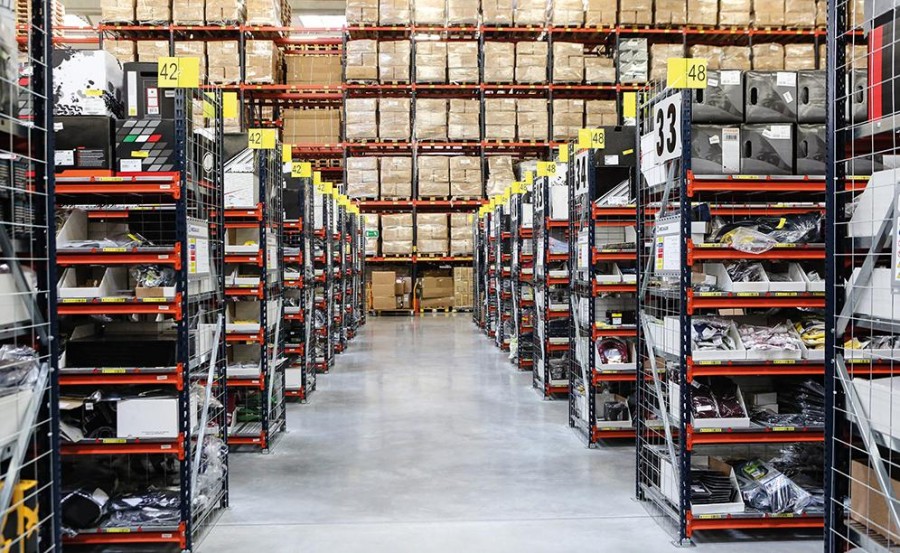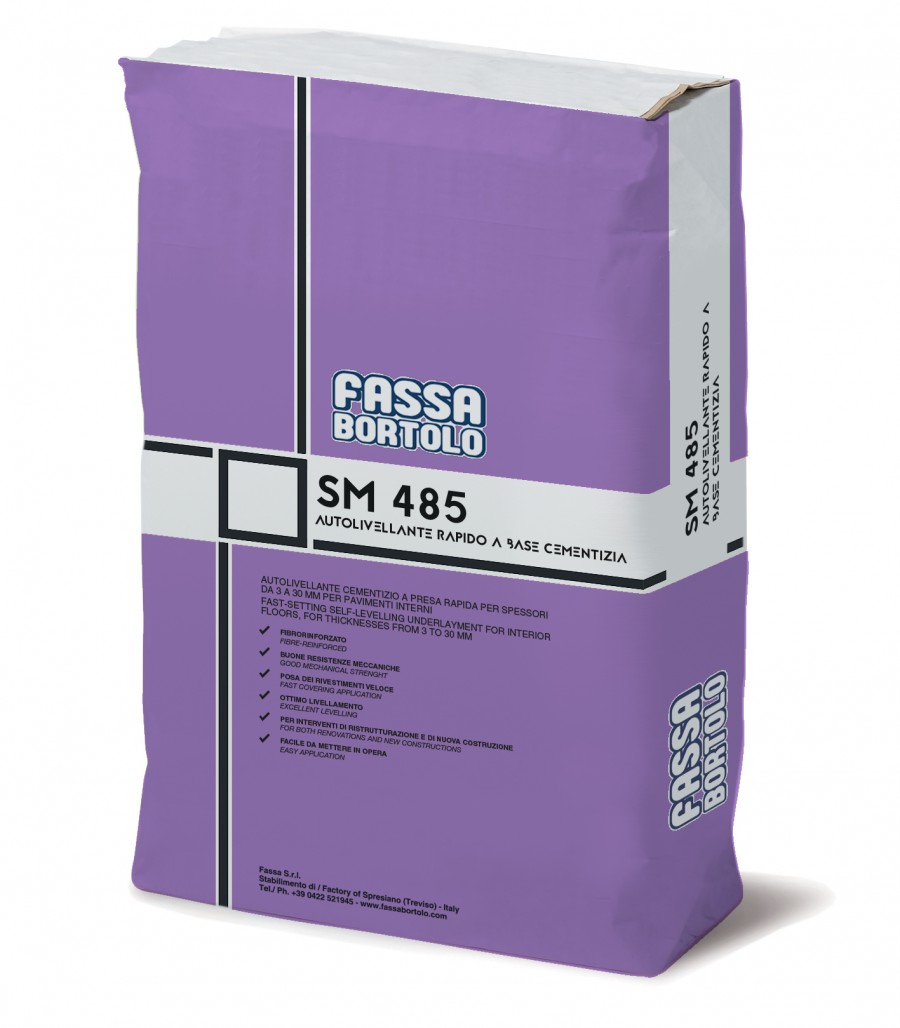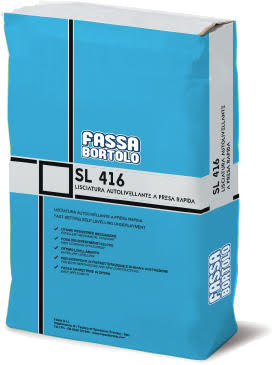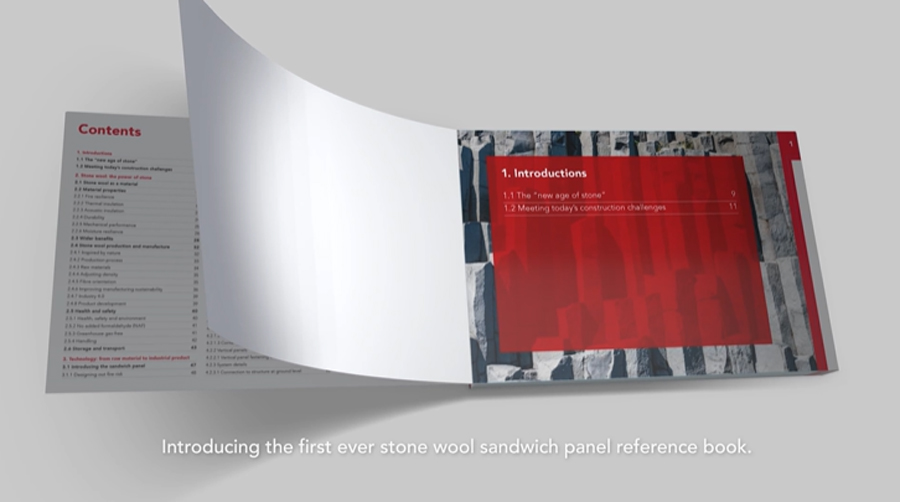The end of the opening quarter saw the downturn at UK manufacturers deepen.
Rates of contraction in output and new orders accelerated, as the difficult operating environment persisted.
Business confidence slumped to a near two-and a-half year low, as concerns about government policy, rising costs, increased geopolitical tensions and potential tariff uncertainty impacted on both current and expected future conditions.
The seasonally adjusted S&P Global UK Manufacturing Purchasing Managers’ Index (PMI) fell to a 17-month low of 44.9 in March, down from 46.9 in February but slightly above the earlier flash estimate of 44.6.
The PMI has now signalled a deterioration in overall operating conditions in each of the past six months

March saw UK manufacturing production decline for the fifth straight month and at the quickest pace since October 2023. The downturn was widespread, with contractions signalled across all sub-sector definitions (consumer, intermediate and investment goods) and all size categories (small, medium and large).
Small-scale producers saw the steepest decrease in output. By far the most significant factor underlying the retrenchment in production volumes was a slump in the level of new business received during March. New order intakes fell to the greatest extent for over one-and-a-half years (since August 2023) and at one of the quickest rates since the pandemic and lockdown affected months of 2020.
The 6.9-point drop in the New Orders Index since February was also the joint-sharpest fall since 2020, further emphasising the severity of the acceleration in the pace of decline. Manufacturers reported a tough trading environment, beset by rising geopolitical tensions, weak client confidence and economic slowdown in both domestic and overseas markets.
Disruption to new order inflows was also caused by concerns about the forthcoming rises to the national minimum wage and employer national insurance (especially related to the cost implications for manufacturers and their clients alike) and the possibility of tariffs. New export business contracted for the thirty-eighth successive month in March, and at the quickest pace since August 2023. Lower intakes of new export work were mainly linked to weaker demand from the US and Europe. Some firms also noted reduced levels of new business from China, India and the Middle East. The weaker economic backdrop combined with rising uncertainty regarding the future had a severe impact on business confidence among manufacturers during March.
Optimism slumped to a near two-and-a-half year low, with only 44% of companies expecting activity to rise over the coming year (down sharply from 56% in February). Manufacturers expressed concerns around government policy (particularly the effects of national minimum wage and national insurance increases), rising global and trade tensions, cost increases, economic slowdown, recession fears and gloomy client confidence.
Cost-caution also remained pervasive among UK manufacturers in March, leading to cutbacks in employment, stock holdings and purchasing activity. Staffing levels have been reduced for five consecutive months, although the rate of job losses eased noticeably since February's near five-year record. Cuts were linked to the economic backdrop, rising costs, non-replacement of leavers, redundancies and hiring freezes.
Some reductions to headcounts reflected efforts to cut excess capacity, highlighted by a further marked reduction in backlogs of work at factories. March saw the rate of input price inflation ease slightly from February's 25-month high. There were reports of higher costs for chemicals, electronics, energy, metals, packaging, paper, timber and transportation as well as suppliers passing on increases to their own cost bases. Factory gate selling prices meanwhile rose at the quickest pace since April 2023.
Rob Dobson, Director at S&P Global Market Intelligence, said: “March proved to be another tough month for UK manufacturers. Output contracted at the quickest pace since October 2023, as new business growth fell at the steepest rate for one-and-a-half years, suffering one of its sharpest falls since the pandemic lockdown of 2020.
“Companies are being hit on several fronts. Many reported that domestic market conditions are deteriorating, costs are rising due to changes in the national minimum wage and national insurance contributions, geopolitical tensions are intensifying, and global trade faces potential disruptions from tariffs. "Although the impact on production volumes was widespread across industry, it was again small manufacturers that took the hardest knock.
“The outlook is also darkening, with overall business optimism plunging to its lowest levels since late-2022. Fears about current and future performance put manufacturers on an increasingly cost cautious footing, with employment, stock holdings and purchasing all falling as companies looked to work leaner and protect cash flow, margins and competitiveness. Many firms are clearly hunkering down as they expect difficulties to continue in the coming months.”



















